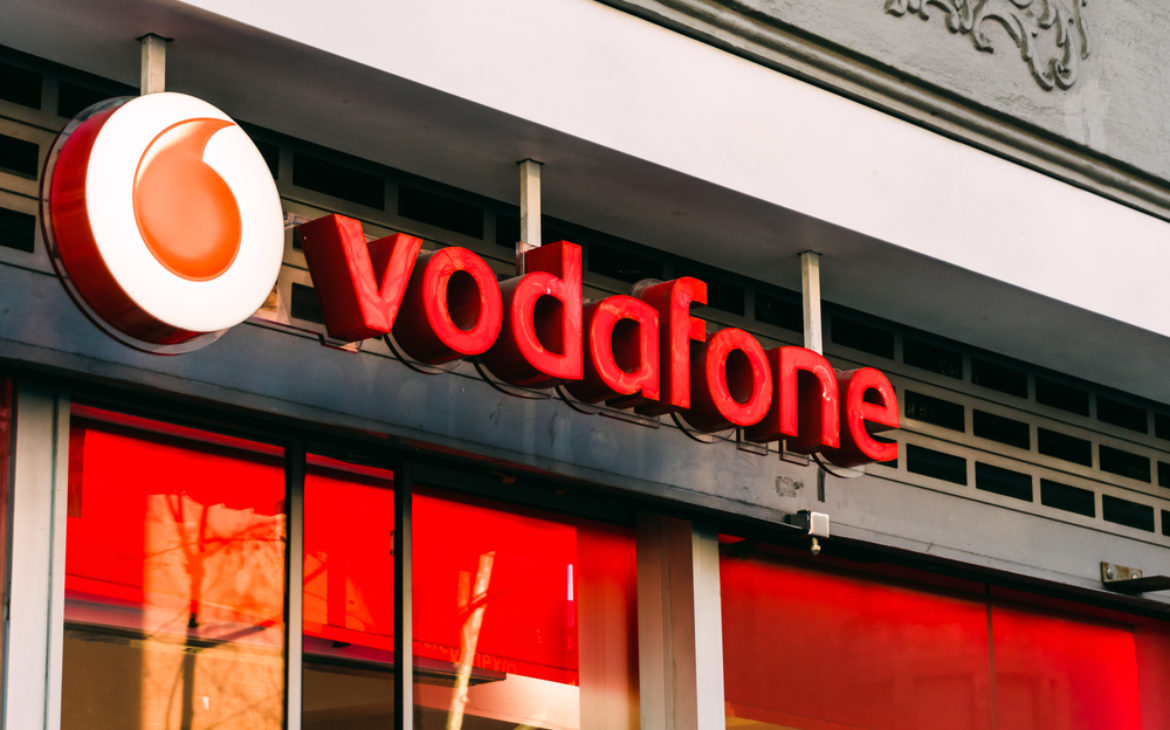Of all the announcements made at the Mobile World Congress (MWC 2023) – which came to an end yesterday, March 2, in Barcelona, Spain – perhaps none were as ingenious as that of the British telco Vodafone.
It unveiled the prototype of a 5G mobile private network on a Raspberry Pi computer, which is the size of a credit card!
Vodafone also attached an even smaller circuit board to the hardware, containing the so-called Software Defined Radio (SDR), developed by their partner company Lime Microsystems, which provides all the functionalities of a 5G receiving-transmitting station.
Vodafone calls its product a 5G Mobile Private Network (MPN), thus essentially creating a new subclass within the broad field of private 5G networks.
But why is this both exciting and potentially disruptive for the nascent market of providing businesses with their own private 5G networks?
Because for micro, small and medium enterprises (“MSMEs”), a consumer 5G connection is not secure and fast enough, while a dedicated private 5G network might be too expensive. Still, they see 5G as a key business accelerator, if only it were within their reach – and now it can be.
“We looked at what Raspberry Pi did for computing, in terms of making it more accessible to people of all ages, and we wanted to do the same with 5G,” say Vodafone representatives about their company’s entry into this miniature private 5G business.
The company also pointed out that its tiny 5G solution is a way of “democratizing” private 5G networks. And once this prototype is turned into a commercial product, it could do just that.
